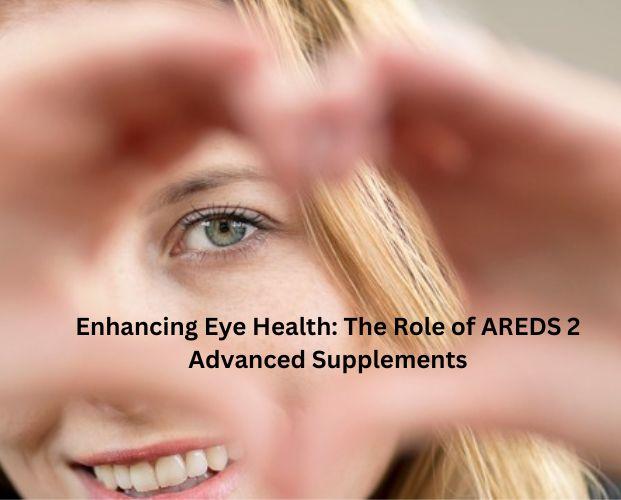Age-related macular degeneration (AMD) is a leading cause of vision loss among individuals over 50, affecting millions worldwide. As the global population ages, the prevalence of AMD is expected to rise, underscoring the importance of preventive measures and effective management strategies. One such strategy involves the use of specialized nutritional supplements formulated based on the findings from the Age-Related Eye Disease Studies (AREDS and AREDS2).
These studies have significantly influenced the development of products like AREDS 2 Advanced supplements, designed to support eye health and slow the progression of AMD.
Understanding the AREDS and AREDS2 Studies
The National Eye Institute conducted two pivotal clinical trials, AREDS and AREDS2, to investigate the impact of high-dose vitamins and minerals on the progression of AMD. The original AREDS study demonstrated that a specific combination of antioxidants and zinc could reduce the risk of advanced AMD by about 25% over five years. Building upon these findings, the AREDS2 study aimed to refine the original formula by testing the effects of adding lutein, zeaxanthin, and omega-3 fatty acids, while removing beta-carotene due to its association with an increased risk of lung cancer in smokers.
Key Ingredients in AREDS 2 Advanced Supplements
AREDS 2 Advanced supplements are formulated based on the refined AREDS2 formula, incorporating specific vitamins and minerals in precise amounts to support eye health:
-
Vitamin C (500 mg): An essential antioxidant that helps neutralize free radicals, potentially reducing oxidative stress associated with AMD progression.
-
Vitamin E (400 IU): Another potent antioxidant that supports immune function and may protect eye cells from damage.
-
Zinc (80 mg): A vital mineral that plays a role in maintaining retinal health. High doses require copper supplementation to prevent deficiency.
-
Copper (2 mg): Included to prevent copper deficiency anemia, which can be a side effect of high-dose zinc supplementation.
-
Lutein (10 mg) and Zeaxanthin (2 mg): Carotenoids found in high concentrations in the retina, believed to filter harmful blue light and provide antioxidant protection.
Benefits of AREDS 2 Advanced Supplements
For individuals with intermediate AMD in one or both eyes, AREDS 2 Advanced supplements have been shown to slow the progression to advanced stages of the disease. Specifically, the inclusion of lutein and zeaxanthin in place of beta-carotene not only maintains the protective benefits but also eliminates the associated cancer risk for smokers and former smokers.
Considerations and Potential Side Effects
While AREDS 2 Advanced supplements offer significant benefits, it's crucial to be aware of potential side effects associated with long-term, high-dose supplementation:
-
Vitamin C: High doses (500 mg or more daily) may have a pro-oxidant effect on the lens of the eye, potentially increasing the risk of cataract development.
-
Vitamin E: Supplementation at 400 IU daily has been linked to a slight increase in all-cause mortality and, in some studies, an elevated risk of prostate cancer.
-
Zinc: The AREDS2 formula contains 80 mg of zinc, which is double the tolerable upper intake level recommended by most health authorities. High doses of zinc can pose significant health risks, including an increased risk of developing aggressive prostate cancer.
Recommendations for Use
Before starting any new supplement regimen, it's essential to consult with a healthcare provider, especially for individuals with existing health conditions or those taking other medications. AREDS 2 Advanced supplements are specifically recommended for individuals with intermediate AMD or those with late AMD in one eye.
For those with early AMD, these supplements have not been shown to prevent progression to intermediate stages. Regular dilated eye examinations remain crucial for monitoring eye health and making informed decisions about supplementation.
Conclusion
AREDS 2 Advanced supplements represent a targeted nutritional approach to managing the progression of age-related macular degeneration. By incorporating specific vitamins and minerals identified through extensive research, these supplements offer a viable option for individuals seeking to preserve their vision.
However, it's imperative to approach supplementation with caution, being mindful of potential side effects and consulting healthcare professionals to ensure personalized and safe eye care strategies.









Share this page with your family and friends.